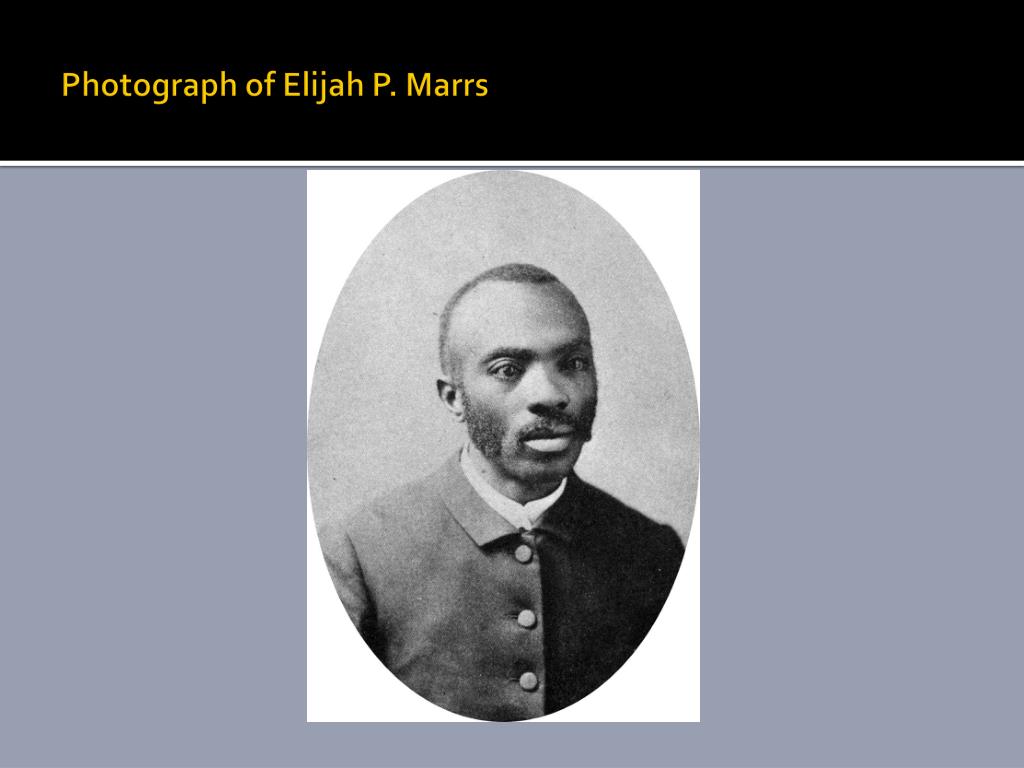Was the ultimate sacrifice for freedom of the press truly worth it? For Elijah Parish Lovejoy, a man who dared to speak truth to power even in the face of violent opposition, the answer was unequivocally yes, as he became a martyr for the abolitionist cause.
Elijah Parish Lovejoy's name resonates through American history not just as a martyr, but as a symbol of unwavering commitment to the principles of free speech and the abolition of slavery. Born on November 9, 1802, in Albion, Maine, Lovejoy's life and death were pivotal moments in the fight for human rights and journalistic integrity. His journey from a Presbyterian minister's son to a courageous editor who challenged the status quo is a testament to the power of individual conviction.
| Category | Details |
|---|---|
| Full Name | Elijah Parish Lovejoy |
| Born | November 9, 1802, Albion, Maine |
| Died | November 7, 1837, Alton, Illinois |
| Occupation | Clergyman, Editor, Abolitionist |
| Known For | First martyr for freedom of the press in America; Advocate for abolition; Defender of free speech |
| Education | Waterville College (1826), Princeton Theological Seminary |
| Notable Publications/Activities | Editor of the St. Louis Observer and the Alton Observer; Preached against slavery |
| Legacy | Lovejoy Award; Lovejoy State Memorial; Inspiration for generations of journalists and activists |
| Family | Brother of Owen Lovejoy, also an abolitionist |
| Reference | Britannica - Elijah Lovejoy |
Lovejoys life was not without its foundational influences. His father, a preacher and farmer, was mentored by the politically active minister Elijah Parish, a connection that possibly shaped the younger Lovejoys path. After graduating from Waterville College in 1826, he initially made his way to St. Louis, Missouri, where he established a school. His intellectual and spiritual growth led him to the Princeton Theological Seminary, further solidifying his commitment to moral and ethical principles. Returning to the field, Lovejoy took up a position with the St. Louis Observer in 1834 and served as the pastor of the Des Peres Presbyterian Church, also known as the "Old Meeting House."
- Best Ssh To Iot Device For Raspberry Pi Free Your Ultimate Guide
- How To Use Remoteiot Behind Router Without Mac Address Restrictions
The burgeoning tensions surrounding the institution of slavery, however, soon prompted a change in Lovejoy's career trajectory. The rising hostility against abolitionists in Missouri forced him to relocate. He then assumed the editorship of an abolitionist paper, a move that would tragically lead to his martyrdom. His voice, once contained within the pulpit, now thundered from the press, a platform from which he could directly challenge the injustices of his time.
In the wake of Lovejoy's murder, his legacy was immediately recognized. John Quincy Adams, witnessing the seismic shockwaves of the events, wrote of an "earthquake shock," felt across America and even the most distant regions. The reverberations of Lovejoy's sacrifice extended far beyond the immediate tragedy, galvanizing the abolitionist movement and ensuring his name would become synonymous with the fight for freedom of the press.
The events leading up to Lovejoy's death were a crescendo of escalating tensions and violence. In 1837, he moved his press to Alton, Illinois, a city that, like many others, was deeply divided on the slavery question. On October 7th of that year, he faced a mob, a foreshadowing of the events that would lead to his ultimate sacrifice. Lovejoy's printing presses, the tools of his trade, were repeatedly targeted and destroyed by pro-slavery advocates, who viewed his writings as dangerous provocations.
- B Scott Senechal A Visionary Leader In The World Of Business
- Miaz And Girthmaster Video A Comprehensive Analysis
The circumstances surrounding his death cemented Lovejoy's status as a martyr. On November 7, 1837, he and his supporters were defending their printing press from another mob attack. Amid the ensuing conflict, Lovejoy was shot and killed. The actions of the mob, the violence against the press, and the silencing of his voice solidified Lovejoy's place in history as the first martyr for freedom of the press in America.
Lovejoys death was not in vain. The immediate aftermath of his murder saw a significant surge in abolitionist sentiment. His sacrifice served to inspire a new wave of activists and galvanize the opposition to slavery. The events in Alton sent a clear message: the fight for human rights would come at a cost, but the cost was worth paying. Lovejoy became the face of that fight, his name a battle cry for generations to come.
Lovejoys story became an inspiration to those seeking social justice. It is a reminder of the courage it takes to stand up for what is right. His death sparked a national debate about freedom of speech and the moral implications of slavery. His impact on journalism is also undeniable: in 1952, the Elijah Parish Lovejoy Award was established to honor newspaper professionals. His legacy lives on through the award and various memorials, including the Lovejoy State Memorial.
The significance of Lovejoy's sacrifice is palpable in the memorials dedicated to him, such as the Lovejoy State Memorial which commemorates his life. The monument, dedicated in 1897, serves as a constant reminder of the ideals he championed. This memorial, along with the grave site, provides a physical representation of the memory that continues to inspire. The Lovejoy printing press yolk is on display at Hayner Public Librarys genealogical and local history library, further cementing his contributions.
The Lovejoy legacy extends beyond his death. His brother, Owen Lovejoy, also played a significant role in the abolitionist movement, carrying the torch forward. Owen Lovejoy served in the U.S. House of Representatives and became a staunch advocate for the end of slavery. This familial link adds further depth to the story of Lovejoy and highlights the collaborative efforts of those fighting for justice.
The story of Elijah Parish Lovejoy is interwoven with the broader historical context of the United States in the 19th century. This period was a time of intense social and political conflict, shaped by the institution of slavery, which was central to the country's economy and culture. The Missouri Compromise and the Compromise of 1850 were two of the events that attempted to manage these conflicts. The rise of abolitionism during this period was a direct response to the horrors of slavery. Lovejoy, as an editor, was on the front lines of this struggle.
The Curtis House, a historic structure built in 1870 located in Metropolis, Illinois, and added to the National Register of Historic Places in 1978, is another physical reminder of the era. This house, like other sites from the period, offers glimpses into the past and is part of the lasting memory of the era. The house now functions as the Massac County Historical Museum.
The legacy of Lovejoy is a continuing theme of journalistic integrity and bravery. His story continues to inspire countless individuals to confront injustice and speak truth to power. Lovejoy's death, while tragic, was a spark that ignited a fire. The impact of his actions continues to resonate with those who believe in the importance of freedom of speech and the pursuit of human rights.
Lovejoy's unwavering commitment to his beliefs underscores a crucial point about the pursuit of justice and the role of the press. In an age when disinformation and suppression of free speech are once again a concern, his life serves as a stark reminder of the importance of protecting the fundamental right to speak freely.
In a stark contrast to the courageous stand of Elijah Parish Lovejoy, another story provides a glimpse into the challenges faced during the westward expansion. On September 9, 1860, the Utter wagon train was attacked by Native Americans along the Oregon Trail. The ensuing violence resulted in the deaths of men, women, and children. This incident, along with other events, reveals the brutal reality of the era.
Another historical figure, Marrs, born a slave in Shelby County, Kentucky, in January 1840, further demonstrates the complexity of this time. His life, from slavery to freedom, illustrates the obstacles and triumphs of the era. The details of Marrs' experiences and those of others reveal the impact of the historical context and the struggles of the time.
The story of Elijah Parish Lovejoy is a beacon. His legacy should be a constant reminder that the fight for freedom and justice often comes at a great cost. Lovejoy's courage serves as a testament to the power of individual conviction, his actions continue to inspire generations of activists and journalists who strive to uphold the principles of free speech, justice, and equality.
- Mastering Remote Iot Vpc Ssh Raspberry Pi A Comprehensive Guide
- Remote Iot Device Login On Mac A Comprehensive Guide


